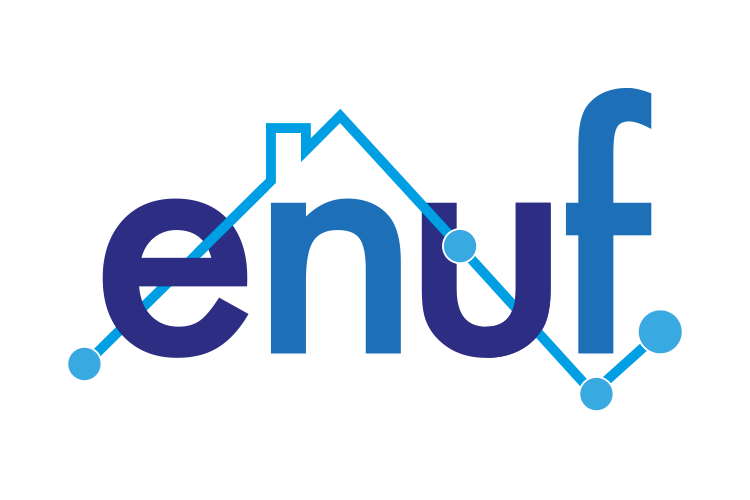
Earlier in the pandemic our thoughts turned to the research support we could offer those working on the frontline, discussed in our previous blog. The extraordinary times continue to throw up challenges and force adaptations to the systems in place to support people with access to food. To inform the responses and to learn from the current situation we asked the frontline: What research evidence is needed now to help inform the work being done and what evidence could researchers gather now to inform future policy and practice? Here, we provide an update on this piece of work.
Deborah David, a freelance registered dietitian working within the community provided her reflections. Deborah asks, ‘Are we seeing increased impact on individual/families who need ‘special diets’ (e.g. coeliac, diabetic, food allergies) as a result of increased food insecurity during COVID-19?’ Previous studies have highlighted that food banks are unable to provide a healthy balance of foods, relying heavily on non-perishable goods (see Simmet et al, 2017) and whilst the nutritional content of food parcels have been analysed (e.g. Hughes and Prayago, 2018, Fallaize et al, 2020) we are not aware of any studies that review the suitability of food parcels for those with specific dietary needs. Individual food banks may be able to adapt food parcels to specific dietary needs. Deborah suggests this issue is more pressing than ever given the increasing demand for food banks and the lack of face to face contact which, in her experience, provide an opportunity for informal discussion with service users about specific dietary requirements.
Dan Crossley, Executive Director of the Food Ethics Council, shared some of the research questions which the organisation is asking:
- How do we build community (food) resilience?
- What are the key elements we need to implement and how are these nurtured within communities?
- What can we learn from the more resilient communities during COVID-19 and how do they help build the case for investing in various socio-economic structures?
Whilst they hope to make progress on these questions through their own work, they would welcome hearing from researchers who are exploring similar themes, including the role of local authorities in enabling citizen action and community resilience, and the role of space and design to encourage social dynamics. Members of the Community Supported Agriculture Network have been working hard to maintain and ensure the local food supply during these challenging times. Suzy Russell, development manager got in touch to say the Network would be interested in being involved in any research around how short supply chains/local food growing/community involvement in local food growing affects food security/food poverty.
Finally, the previous blog detailed some of the research interests of the team at Sustain, including a question around the outcomes that the different types of free school meal substitutes (e.g. supermarket vouchers vs. cash vs. in-kind provision) had for children and families? Kimberly McIntosh, Senior Policy and Research Officer at Child Poverty Action Group got in touch to highlight their recent report, The Cost of Learning in Lockdown, which provides insight into this crucial question. The survey of 3,600 parents and carers and 1,300 children and young people in England, Scotland and Wales found that the replacement of free school meals was greatly valued by parents and has been critical to helping families make ends meet. Payments directly into parents’ bank accounts are much more popular than a voucher scheme. 81% of families receiving direct payments said this was working extremely or very well for them, compared with 60% of families receiving vouchers that can be spent in more than one supermarket, 46% of families having food delivered, 36% of families collecting food and 35% of families receiving vouchers cards usable in only one supermarket.
We would love to hear from other people working in the field. Our questions for you are:
- What research evidence do you need now to help inform the work you are doing?
- What research evidence could researchers gather now to inform future policy and practice?
- And is there anything we can offer, as researchers with various quantitative, qualitative, and policy analysis skills, to help organisations engaged in responses to COVID-19 monitor and refine their efforts to address food insecurity?
Please get in contact with Katy at connect@enuf.org.uk.
If you would like to get in touch with anyone who has contributed ideas to this blog please email:
- Deborah at deborah@
deborahdavidnutrition.co.uk - Dan at dan@foodethicscouncil.org
- Suzy at csanetworkfunding@gmail.com
- Kimberly at Kimberly.Mcintosh@cpag.org.uk
